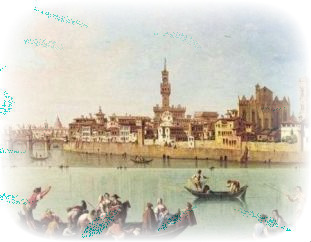


|
|||||||||
|
|
 |
love mei powerful iphone 8 protective case - blackSKU: EN-E10259





love mei powerful iphone 8 protective case - blackIt's a hard line and, some may say, an ironic policy on newcomers, considering Australia's history. Set up as a British colony in 1788, most Australians trace their heritage overseas, with 28 percent of the population born abroad and just 2.5 percent identifying as indigenous. But Australia's immigration policy is clear: "No way. You will not make Australia home."A storyboard created by Australia's Department of Immigration and Border Protection warns Afghani citizens about the dangers of smuggling people. That was the message broadcast on YouTube in 2014 as part of a AU$20 million ($15.4 million) advertising blitz by Australia's Department of Immigration and Border Protection (DIBP), The department's "toughest border protection measures ever" were advertised in 17 languages, along with "No Way" posters in overseas ports and comic strips seeded on social media networks in a bid to make Australia's closed-borders policy viral, love mei powerful iphone 8 protective case - black Now, "illegal maritime arrivals" who are caught trying to reach the country without a visa don't set foot on Australian soil, Instead, they're taken to one of two "regional processing centers" that have operated on and off since 2001 in the Pacific as part of Australia's military-led "Operation Sovereign Borders" policy.. These asylum seekers have their refugee claims processed either on the tiny island nation of the Republic of Nauru or on Manus Island, Papua New Guinea. People found to be refugees, like Boochani, have two options: resettle in PNG or return home with assistance from the Australian government. After Australia's offshore processing policy was put in place, the first asylum seekers on Nauru waited more than a year for the government to make determinations on their refugee claims. Asylum seekers in PNG waited two years. Many are still waiting. Boochani refused to have his refugee claim assessed in PNG because he says this goes against his political beliefs, "I could not accept that the Australian [government] could sell me as a slave to PNG," he told me via WhatsApp, Australia's offshore processing centers on Manus Island and Nauru are far from the Australian mainland, He was given status as a refugee by the PNG government, "even though I never gave them my case, I didn't want to accept that but they told me I have no choice, I am the only one in Manus Island whose case has been determined without any application."Despite spending AU$1.1 billion to fund operations in Nauru and Manus Island in the 2015-16 financial year, the DIBP told me that "neither the Australian government nor the department runs or manages" these facilities, that they are run by the PNG and Nauruan governments, and that "any questions about the policies and facilities are matters for those governments."As asylum seekers spend months -- and years -- waiting for their claims to be heard, one of the few respites comes love mei powerful iphone 8 protective case - black in communicating with the outside world, But for centers set up by a developed country, access to technology on Manus Island and Nauru is incredibly limited, With no mobile phones, limited internet and phone access, monitoring of social media and restrictions on journalists trying to visit, these centers and the people trapped there are essentially cut off from the world.. Australian Senator Sarah Hanson-Young of the Greens Party is one of the few politicians to have visited all of Australia's immigration detention centers in the past eight years, including the processing centers on Manus Island and Nauru. "They're prisons," she told me in June. "They're not established as places of help or hope. They're established as places of deterrence and punishment."The regional processing center on Nauru has been the subject of reports of child abuse according to documents leaked to The Guardian. As of June, there were 49 children on Nauru.
|
|
|
|
||
| Site Map |
